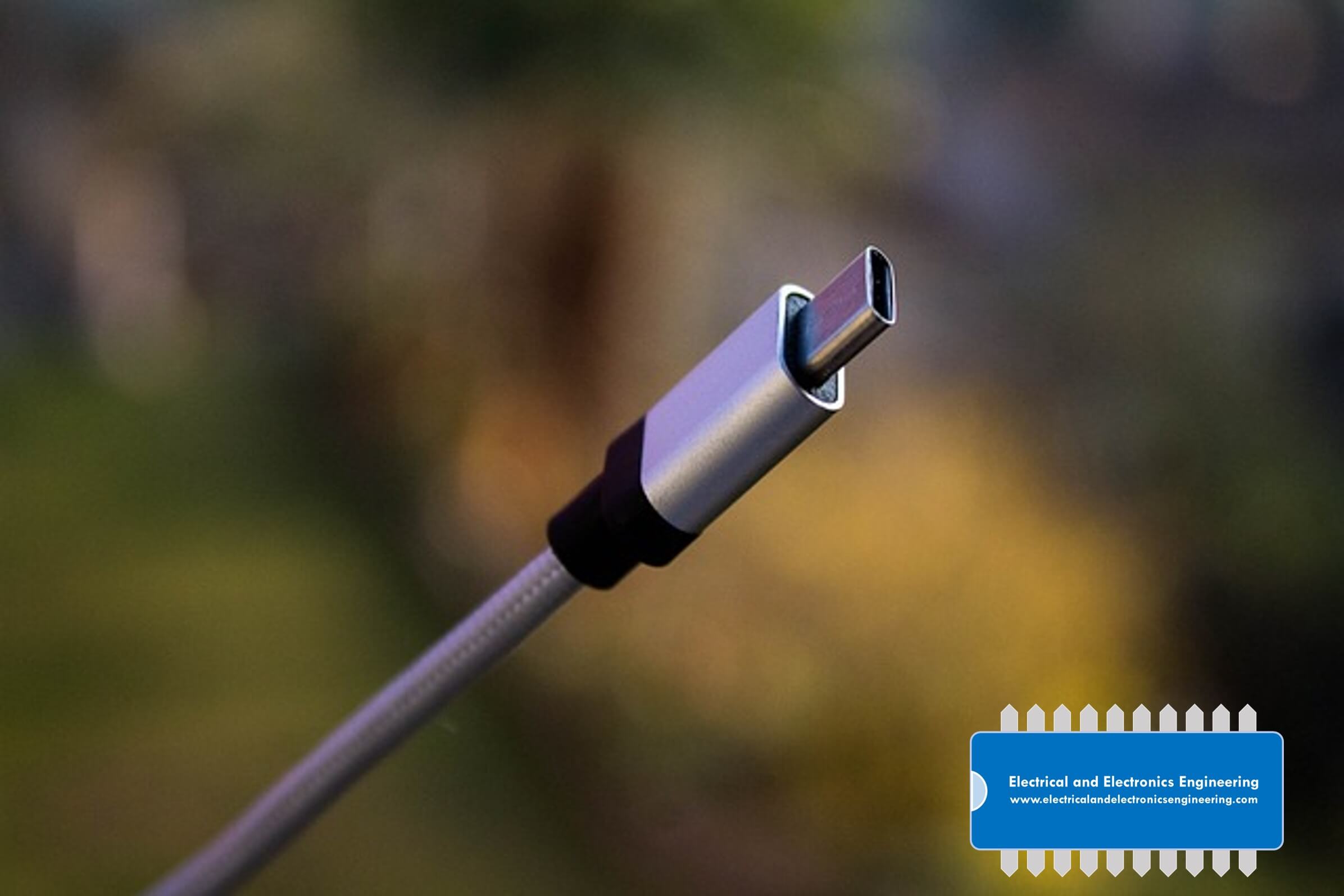The USB Type-C cable, commonly known as USB-C, is a versatile and widely adopted interface that has revolutionized the way we connect and transfer data between devices. Unlike its predecessors, the USB-C cable features a reversible connector, eliminating the frustration of trying to plug it correctly. Its symmetrical design has become a hallmark of convenience. Many times you want to test USB-C type cable. This is required if you want to drill down and figure out precisely what is wrong with a cable, you may want to try this USB-C cable tester. In this Electrical and Electronics Engineering article, you will learn 3 different methods to test USB C Cables.
Also see: Different types of tests carried out on Electrical cables
Method 1: USB-C Cable Testing using CaberQu
The video below illustrates the USB-C cable testing using CaberQu:
Method 2: Keysight USB-C cable and connector Test Solution Kit
The Keysight USB-C cable and connector compliance test solution relies on the most up-to-date USB-C CTS release. This comprehensive specification outlines the testing criteria for various cable assemblies, including full-featured Type-C, Type-C-to-legacy cables, and supported USB technologies. By adhering to this standard, Keysight ensures that their testing solution validates the performance and compatibility of each cable type, providing reliable and efficient connectivity for users across different devices and platforms. The article guide titled Power Up Your Knowledge: How to Test USB-C Cable Like a Pro briefly illustrates the procedure.
Method 3: Advanced Cable Tester
The Total Phase Advanced Cable Tester v2, can be used to perform comprehensive USB and video cable testing. The tester offers dynamic test results visualization for short, open, and continuity testing. It allows precise DC resistance measurement for numerous wires, offering milliohm precision on ground and power wires and ohm resolution on most others. Moreover, it conducts high-speed data line continuity checks. With signal integrity testing capabilities of up to 12.8 Gbps per channel and E-Marker verification, this tester ensures superior performance and reliability for all cable testing needs. You can read more about tester here.
Important: Electrical and Electronics Engineering is not linked with, nor do we share any affiliate links for the products mentioned above.
Practical Applications of USB-C Type Cable
Beyond its convenience, USB-C boasts impressive capabilities. It supports high-speed data transfer rates, allowing for rapid file transfers and fast charging for compatible devices. You can charge your smartphone, tablet, or laptop, or even power other peripherals with a single USB-C cable. Moreover, USB-C’s universal nature has made it an industry standard. It is compatible with various devices, from smartphones and laptops to gaming consoles and external storage drives. This widespread adoption has decreased the need for various cable types, simplifying our digital lives while paving the way for a more connected future.
USB-C Cable Testing
USB-C cable testing is crucial to ensure the reliability and safety of these versatile connectors. Various aspects are examined during testing, including data transfer speeds, power delivery, and compatibility with different devices. Compliance with industry standards like USB-IF specifications is verified to guarantee interoperability. Additionally, durability testing assesses the cable’s resistance to bending, pulling, and other stresses that it might encounter during regular use. High-quality cables should pass rigorous testing to prevent hazards like short circuits, overheating, or data corruption. By subjecting USB-C cables to comprehensive testing, manufacturers can provide consumers with trustworthy and efficient products for seamless connectivity and charging experiences.
